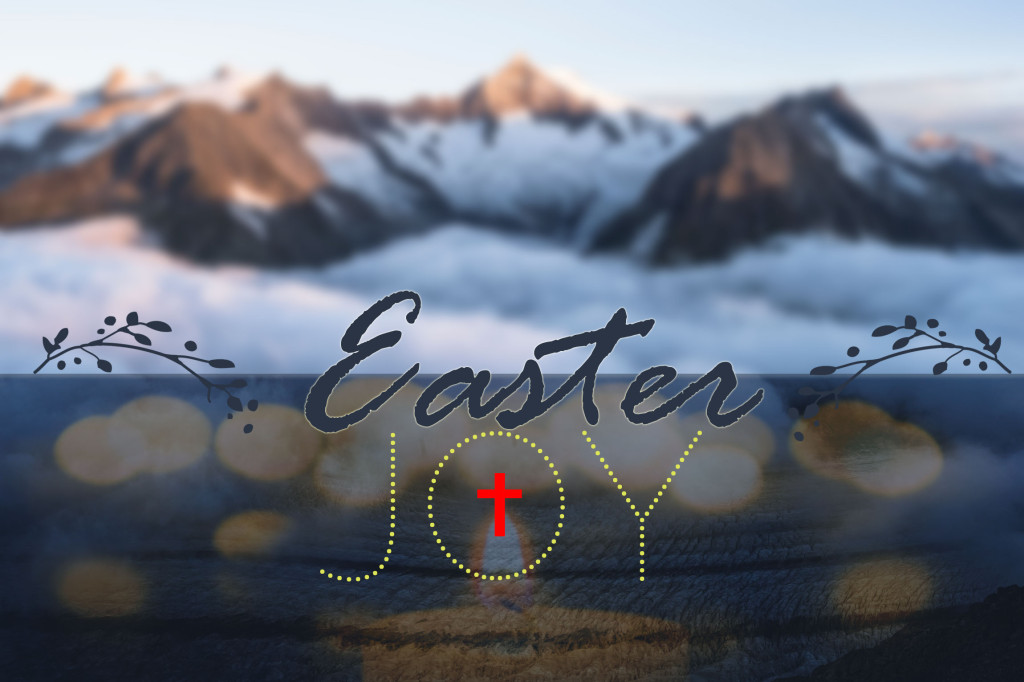I have a good news-bad news scenario for you, and it comes complete with a few layers of each.
It’s good news that the scenario I’ll mention is mostly hypothetical. But even better news is that what it illustrates is, I believe, deeply true.
It’s bad news, and it pains me to tell you this, that you’re on death row, convicted for murder. I hope you think it’s good news that I was quite surprised to hear it and have always thought very highly of you.
It’s good news, even though our friendship makes me reluctant to admit it, that the trial was fair, and the verdict was just. It’s bad news that, yes, you committed the crime. It’s also bad news, from your point of view, that your death sentence is scheduled to be carried out at 11:59 p.m., Thursday next.
I should give you a minute to process this news, good and bad, bad and good. It really is a lot to take in.
But don’t despair! I now have incredibly good news for you. (Note that this is not a deep dive into psychology. We’ll just assume that you would prefer to stay alive.) An amazingly selfless individual has appealed to the governor on your behalf and asked (and this really is incredible) to take your place on death row and be executed on your behalf. More incredible still, the governor has agreed. You’ll soon be free.
Of course, it’s hard to imagine that this would ever actually happen. The scenario is indeed hypothetical, but I thank you for indulging me in order for us to get to this question: If this could really happen and the innocent man was indeed executed in your stead, would his taking your punishment alter your actual guilt in the least? Surely, the answer is No.
Such an act, even if it was not committed by a crazy person (aided by an unhinged governor), and even if it was a completely unselfish act of sacrificial love… Such an act would not, could not, render the guilty truly innocent and the innocent truly guilty. Unless…
Unless the man making the sacrifice was the fully human, fully divine Son of God. Fully human, he could actually die, executed on, say, a cross. Fully divine, he could literally take on himself and away from those he richly loves all of their sin and guilt. Yes, it would be a completely unselfish act of sacrificial love, but, as opposed to the former scenario, this one would be genuinely efficacious.
Wonder of wonders, the guilty would be completely free, no longer guilty, and alive because, as the Apostle Paul wrote, “God made him [Jesus Christ] who had no sin to be sin for us, so that in him we might become the righteousness of God” (2 Corinthians 5:17).
Why would someone so completely, mysteriously, and genuinely forgiven choose to live as a guilty person? Why would such a person not choose to live with genuine hope, joy, and gratitude?
If this latter scenario is not hypothetical at all but is wonderfully true, then it surely must be the best news of all.
Text Copyright 2024 by Curtis K. Shelburne. Permission to copy without altering text or for monetary gain is hereby granted subject to inclusion of this copyright notice.








